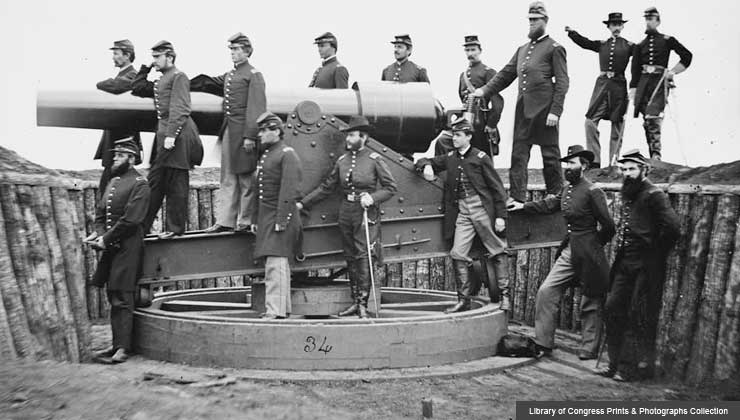- Select a language for the TTS:
- UK English Female
- UK English Male
- US English Female
- US English Male
- Australian Female
- Australian Male
- Language selected: (auto detect) - EN
Play all audios:
ABSTRACT IN spite of the revolution that was recently effected among the Government geological surveys of the American Union, provision has wisely been made for the completion of the Reports
of the different corps which have been abolished. It is pleasant to welcome still another of the stout black volumes issued annually by the Geological and Geographical Survey of the
Territories. On the completion of the Survey of Colorado in 1876 Dr. Hayden and his corps of active coadjutors moved northwards across the belt of country included in the Survey of the 40th
Parallel under Mr. Clarence King, with the intention of mapping the territories of Idaho and Wyoming to the north and west. A number of reconnaissances had been made by various observers in
these regions since the days of Bonneville and Fremont, some of the earlier work of Hayden's Survey having been accomplished there. But no general survey of the whole area had been
attempted, and many parts of it had never been penetrated by white men. It was a vast territory, including within its borders the sources of the Green, Snake, and Yellowstone Rivers, and
embracing the most varied forms of surface and the greatest diversities of geological structure. To survey this unknown domain and bring its geography, geology, mineralogy, ethnology,
zoology, botany, and general economic capacity to the knowledge of the world was the aim with which Dr. Hayden and his staff started in the summer of 1877. During the season the primary
triangulation was extended over an area of 28,000 square miles, from West Long. 107° to 112° and between North Lat. 41° 10′ and 43° 50′, and was connected with the stations made by the
Survey of the 40th Parallel, and by the Boundary Survey of Wyoming. Topographical field-work was carried on by three parties, each having an area assigned to it of about 11,000 square miles.
The total area thus surveyed amounted to about 29,000 square miles. The geological staff was likewise divided into three divisions, each being intrusted with a separate district, viz., the
regions of the Sweetwater, Teton, and Upper Green River. Access through your institution Buy or subscribe This is a preview of subscription content, access via your institution ACCESS
OPTIONS Access through your institution Subscribe to this journal Receive 51 print issues and online access $199.00 per year only $3.90 per issue Learn more Buy this article * Purchase on
SpringerLink * Instant access to full article PDF Buy now Prices may be subject to local taxes which are calculated during checkout ADDITIONAL ACCESS OPTIONS: * Log in * Learn about
institutional subscriptions * Read our FAQs * Contact customer support Authors * ARCHIBALD GEIKIE View author publications You can also search for this author inPubMed Google Scholar RIGHTS
AND PERMISSIONS Reprints and permissions ABOUT THIS ARTICLE CITE THIS ARTICLE GEIKIE, A. _North American Geology—Idaho and Wyoming_ 1 . _Nature_ 22, 268–269 (1880).
https://doi.org/10.1038/022268a0 Download citation * Issue Date: 22 July 1880 * DOI: https://doi.org/10.1038/022268a0 SHARE THIS ARTICLE Anyone you share the following link with will be able
to read this content: Get shareable link Sorry, a shareable link is not currently available for this article. Copy to clipboard Provided by the Springer Nature SharedIt content-sharing
initiative





